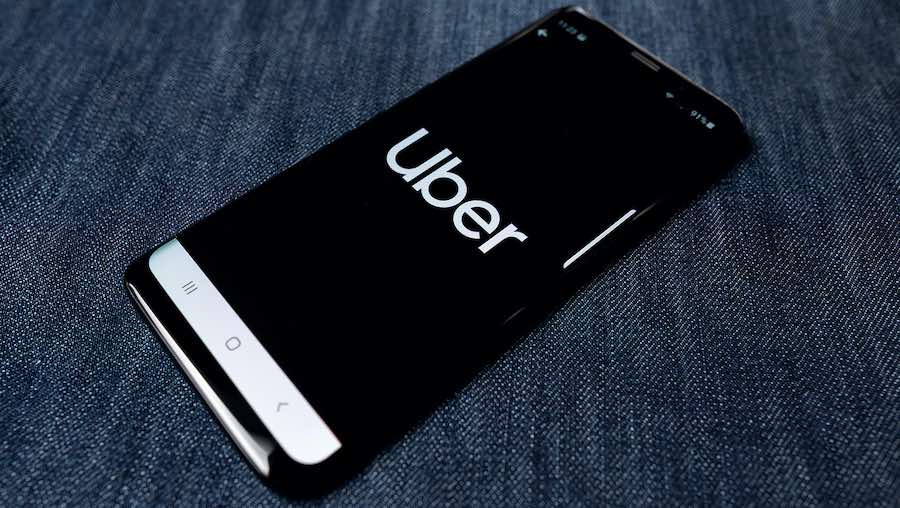
The Federal Trade Commission (FTC) has filed a lawsuit against Uber Technologies, Inc. and its subsidiary Uber USA, LLC, alleging that the company systematically enrolled consumers into its Uber One subscription service without proper consent and deliberately obscured cancellation options through a convoluted process designed to retain subscribers.
The complaint, lodged on April 21, 2025, in the U.S. District Court for the Northern District of California, details an extensive pattern of deceptive practices that violate both Section 5 of the FTC Act and the Restore Online Shoppers' Confidence Act (ROSCA). The case was brought forward by FTC attorneys following numerous consumer reports and an in-depth investigation.
Uber One, launched in late 2021, offers subscribers discounts on rides and food deliveries for a recurring fee of $9.99 per month or $96 annually. The service auto-renews unless explicitly canceled by the consumer. The FTC's core allegations center on three deceptive elements: false promises of savings, unauthorized charges, and a cancellation process so burdensome that some consumers described it as a “circular loop” designed to trap users in unwanted subscriptions.
According to the FTC, many users were induced to join Uber One under the pretense of saving “$25 every month,” a figure that neglects to account for the subscription fee itself. Moreover, the FTC asserts that consumers were often charged before the advertised trial period ended and without receiving adequate notice.
A major focus of the complaint is Uber's cancellation process, which was allegedly designed to frustrate users. The FTC found that users trying to cancel Uber One might have to complete up to 32 actions across 23 screens. Crucially, during the 48 hours before a subscription renewal, the “End Membership” option was removed from the app entirely. Consumers were instead instructed to contact support — without any clear guidance on how to do so.
Those who managed to find the support path were met with vague forms and long wait times, often resulting in additional charges. The FTC cited multiple instances of users being billed again while awaiting responses from Uber support staff, despite initiating cancellation requests in a timely manner. In some cases, consumers resorted to canceling their credit cards or found charges applied to secondary cards previously used for unrelated Uber services.
Uber Technologies, based in San Francisco and founded in 2009, operates globally in the ride-hailing and food delivery sectors. The company has faced prior regulatory scrutiny over privacy and consumer protection practices. This latest action suggests renewed enforcement efforts under FTC Chairman Andrew N. Ferguson, who emphasized that “the Trump-Vance FTC is fighting back on behalf of the American people.”
The agency seeks a permanent injunction to halt Uber's current practices, restitution for affected consumers, and civil penalties.
Consumers are advised to monitor bank and credit card statements regularly for unauthorized subscription charges and attempt cancellations well in advance of renewal periods. When performing cancellations, document your attempts with screenshots that could help resolve disputes. Finally, use virtual cards that allow subscription-specific controls or blocks, instead of your standard credit/debit cards.







Leave a Reply